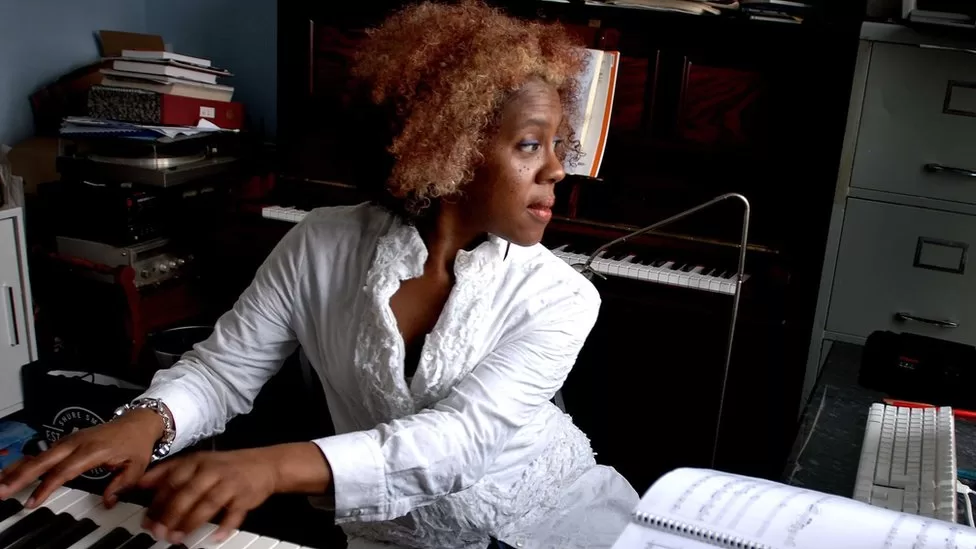In an exclusive extract from her new book, published exclusively by The Guardian, Wallen recalls the shift from concertgoer to concert-giver – explaining why opera composers lie, cheat, steal, murder and live to tell the tale.
‘Nicola LeFanu did so much to promote her mother Elizabeth Maconchy’s music and I remember her saying how difficult it had been for her mother to be taken seriously as a composer. Nicola, along with several of us fellow female composers, musicians and administrators, founded the organisation Women in Music in 1987 to help address the woeful situation. Wherever I turned there was rejection. Nothing about me fitted the picture of a composer. I didn’t even fit the image to myself – I wasn’t white, male, dead, in a wig or on a wall. I applied to all the major composing courses, including Tanglewood, Banff and Dartington, and entered many competitions with no success. I also applied to the brilliant Gulbenkian Course for Choreographers and Composers, finally getting admitted on my third attempt. My ambitions for my music seemed out of step with the prevailing classical-music structures.
But there came a day when I realised in a flash that no one was ever going to play my music unless I did something about it myself. I had started to have a vision of contemporary classical music that was fun and joyous. I loved going to concerts of new music but they were so resolutely serious and seemed to be mostly for the benefit of the already initiated. Most of the composers were male. There were a lot of brown jumpers. My years performing more widely – from care homes to stadiums – reinforced my desire to connect with a larger world. I decided to put on a concert with my friends based around repertoire I had already composed. This was Ensemble X’s first gig, at the Purcell Room on London’s South Bank in 1990. The audience was greeted with a bite-size Mars bar each. I had always wanted to go to a concert that involved chocolate. I had written the press releases and posted them by hand to music journalists and newspapers. I came up with a motto for the band: ‘We don’t break down barriers in music … we don’t see any.’ While I was concerned about the use of the negative twice in that motto, it did genuinely speak to my own musical aesthetic.’
Read the full extract here or follow this link to purchase the book from the Faber website.
